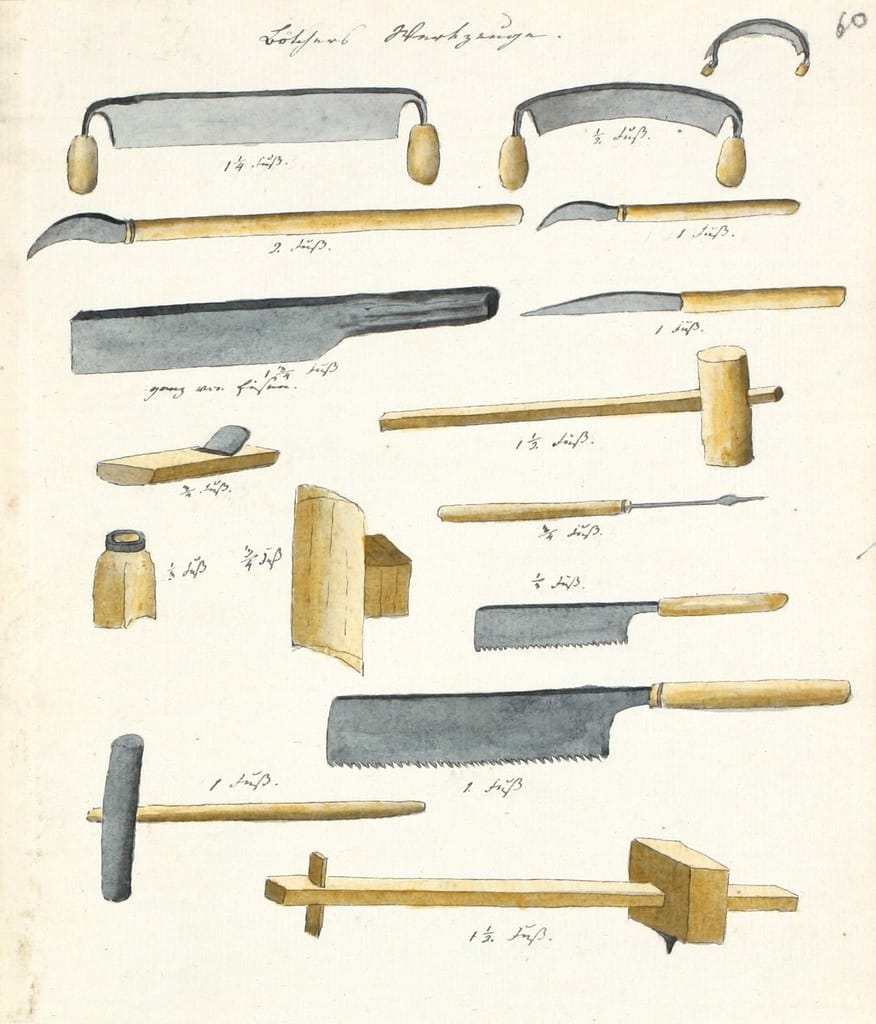
References are an important element of scholarly metadata, and that is also true for science blog posts. Currently 5.06% of all Rogue Scholar posts include at least one reference, which are then registered with Crossref metadata. Citations are the counterpart of references. When other scholarly works are cited in the references of a scholarly work, this citation information can be communicated to the cited work.









